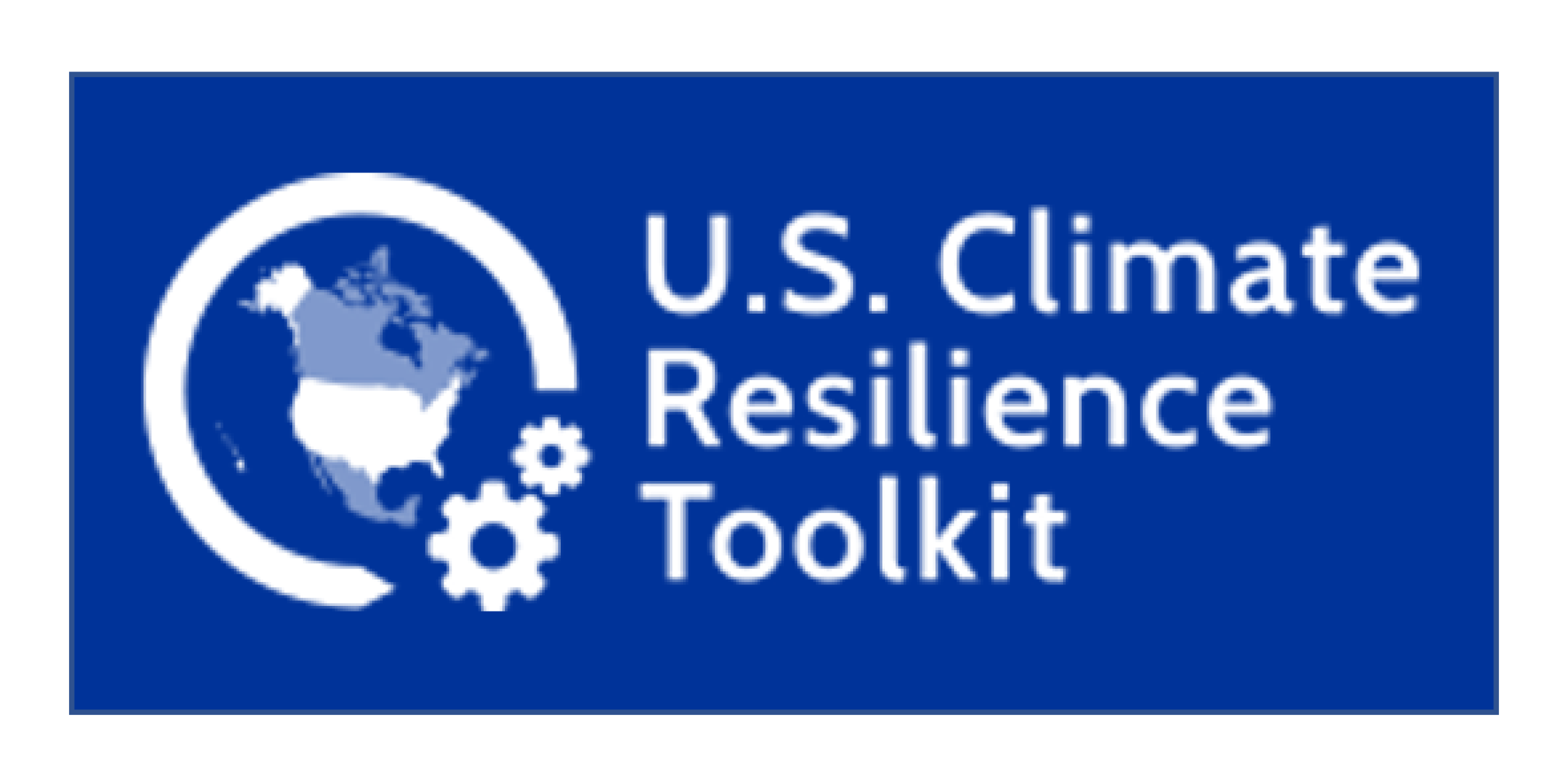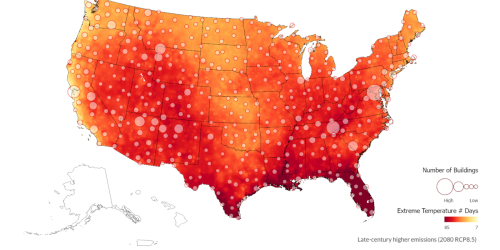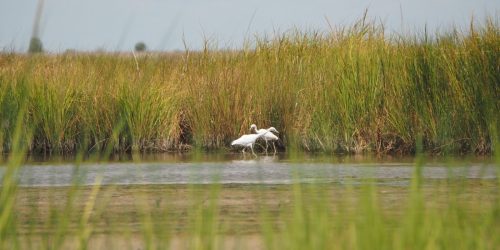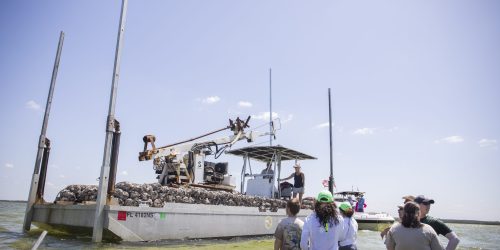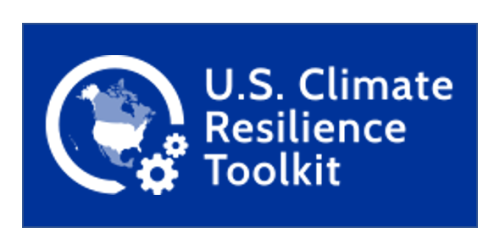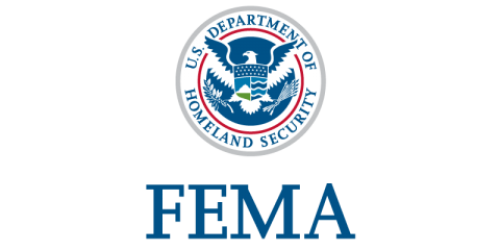The CEE Division funded research conducted in 2020 as part of the Coordination and Collaboration in the Resilience Ecosystem program, a cooperative agreement between the Climate Resilience Fund and NOAA. Adaptation International, Aspen Global Change Institute, Azavea, Fernleaf, and NOAA compiled over three thousand (3,000) strategies from 61 independent resilience plans. That project is already yielding dividends.
- Fernleaf narrowed the number of strategies to just over one thousand (1000) non-repetitive options, which are now available, searchable, and filterable through the USCRT.
- Partners at North Carolina’s Office of Resilience and Recovery made a refined list of options for their own resilience clearinghouse and are sharing that list through their own, North Carolina-focused resilience toolkit website.
- Adaptation International meanwhile worked with a number of tribal organizations to publish an independent, indigenous-focused database. To be clear, NOAA did not fund that effort, but Adaptation International’s work on both the tribal and non-tribal-focused efforts was an important source of leverage for each project.
Ned Gardiner, NOAA CEE Division, worked with the database developers through all phases of work to refine the database. Ashlyn Shore, a subcontractor through CISESS who helps manage content on the U.S. Climate Resilience Toolkit, implemented the API on the website.
For more information, contact Ned Gardiner.
Image credit: Climate Resilience Toolkit


